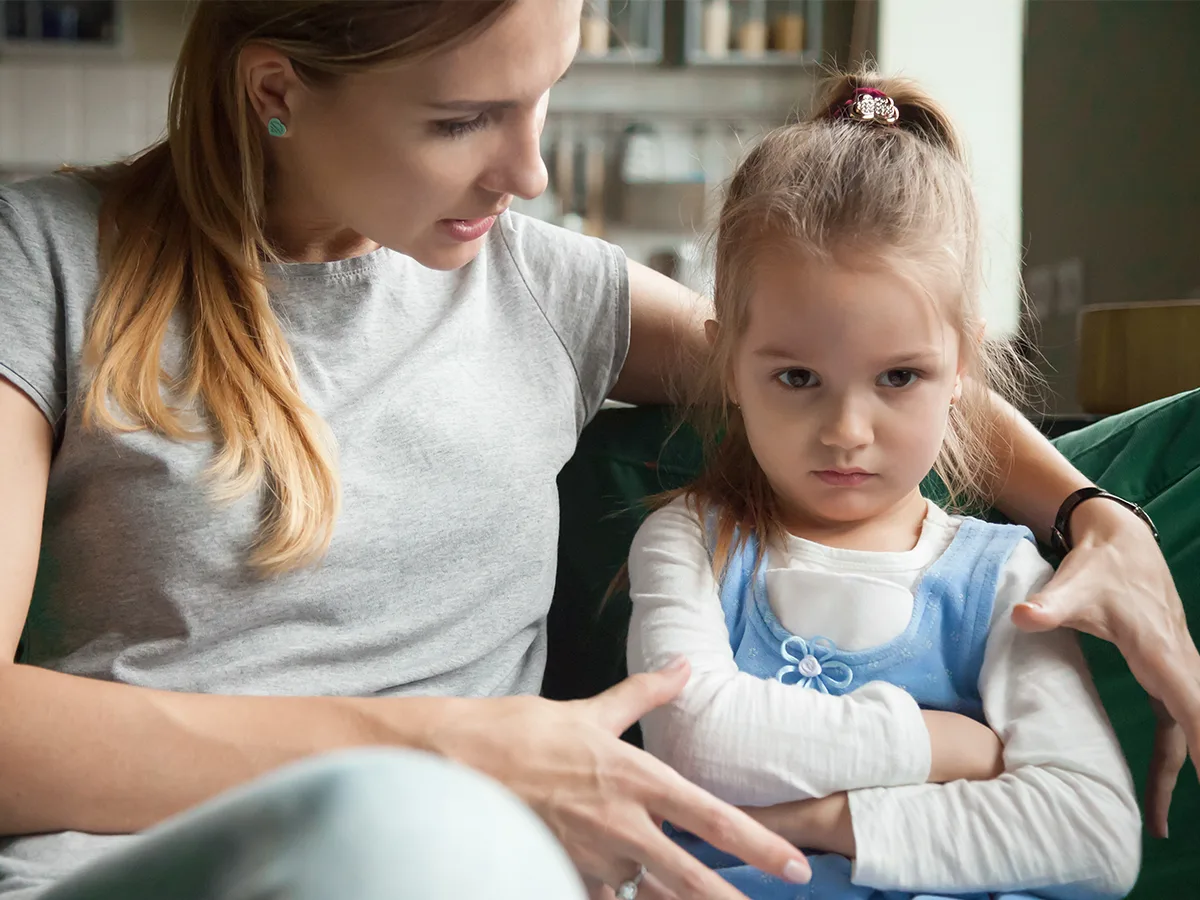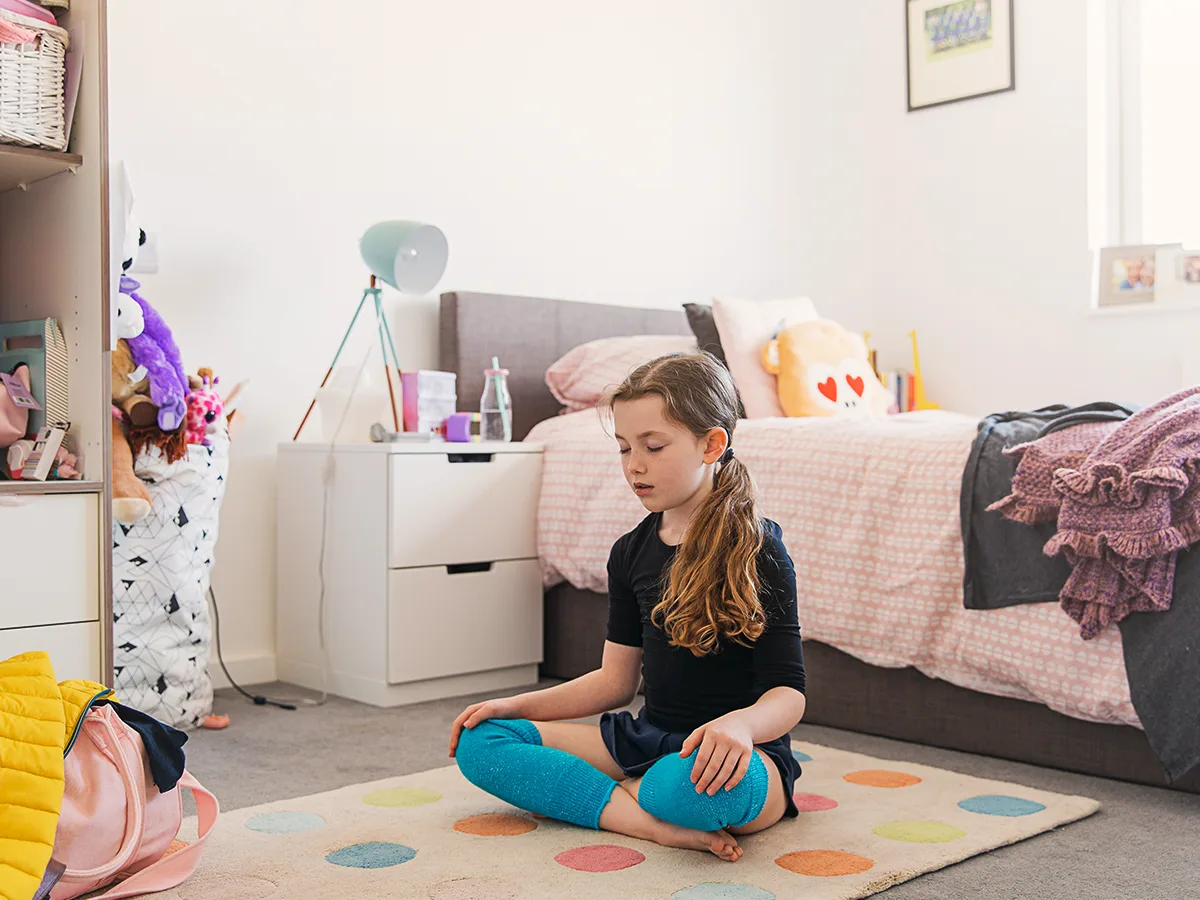How to help kids cope when they get upset
Quick tips to help kids develop coping skills
- Quick tip 1Ask about their feelings.
 Ask about their feelings.
Ask about their feelings.When kids get upset, gently ask questions like “How are you feeling right now? Where are you feeling it in your body?” Emotions can feel more manageable when kids describe their feelings.
Kids who struggle with self-control can react in unpredictable or even explosive ways to everyday things. To manage these feelings, they need to use coping strategies. They often need to be taught these calming strategies. And over time, kids learn to turn to them on their own.
One of the most important coping strategies to teach kids is to name their feelings. Strong emotions can be scary for kids and fuel strong reactions. But when kids can talk about how they’re feeling and what’s causing it, their emotions can feel more manageable.
Offer words kids can use to describe their feelings, like mad, sad, frustrated, anxious, worried, or embarrassed. If kids struggle with language, they can use a “How am I feeling?” visual chart to identify emotions.
Keep in mind that your behavior affects how kids cope, too. Kids need to know that you understand what they’re going through. Responding to kids with empathy takes practice. But it can make a big difference in what kids hear and feel, and how willing they are to keep working on things that are hard.







